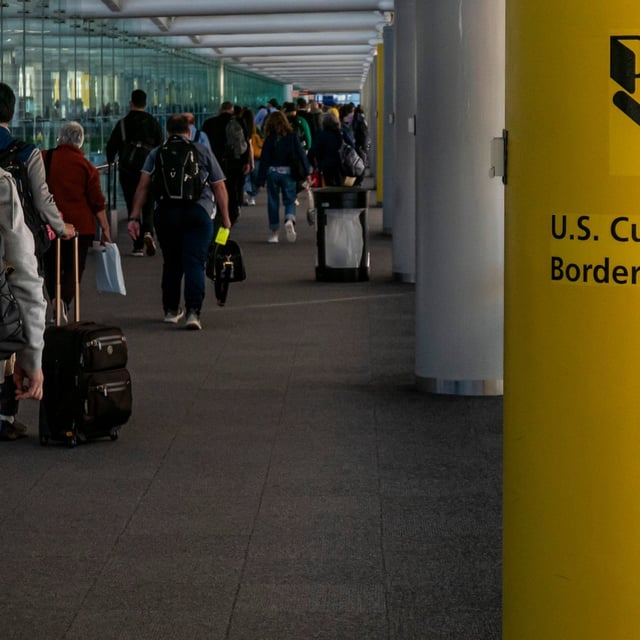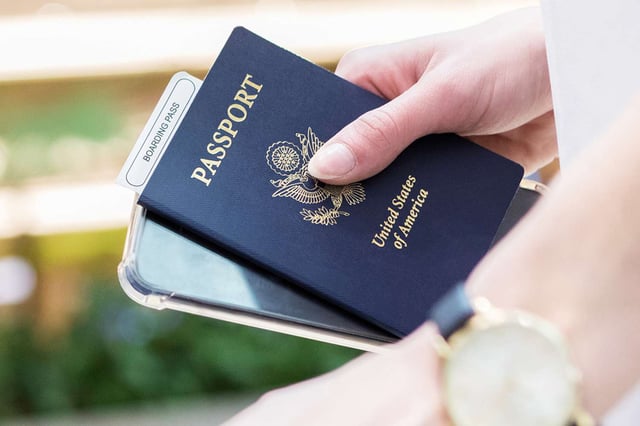Overview
- Customs and Border Protection (CBP) officers can search electronic devices of all travelers at U.S. ports of entry, including phones, laptops, and cameras.
- CBP conducts two types of searches: basic searches, which involve reviewing device contents without additional tools, and advanced searches, which require managerial approval and external equipment.
- Travelers can refuse to unlock their devices, but this may result in extended processing times or, for foreign nationals, denial of entry into the U.S.
- Data obtained during searches can be retained for up to 15 years if deemed relevant to law enforcement, immigration, or customs matters.
- Travelers whose devices are detained must receive a 'Custody Receipt,' ensuring transparency and accountability in the process.


